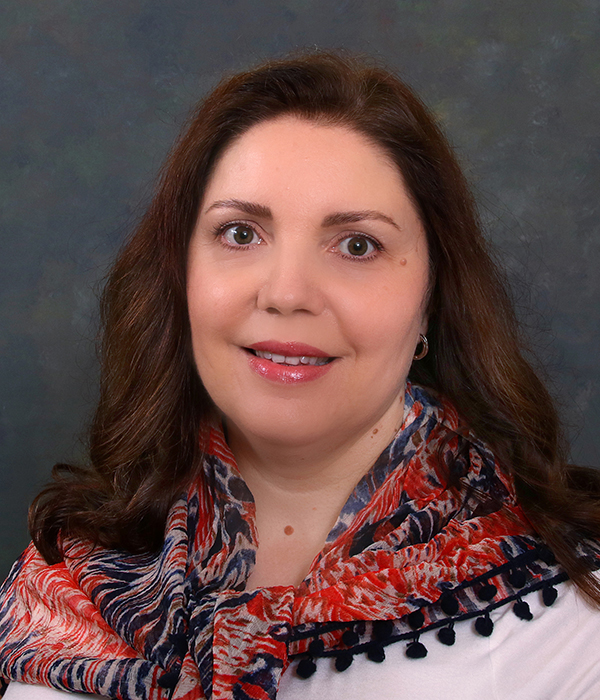
One of the core goals of the UCSF Department of Epidemiology and Biostatistics (DEB) is to teach first- and second-year medical students the methods of Epidemiology, Biostatistics and Population Science (EBPS). Lydia Zablotska, MD, MPA, PhD, has led that effort since 2016 as the director of the EBPS Longitudinal Science Thread.
In early 2020, DEB teaching faculty identified that their lecturers lacked diversity in race, ethnicity and gender. This was also pointed out by the students in their written evaluations and during in-person focus groups. The medical school student body at UCSF includes 46 percent of students from backgrounds underrepresented in medicine, and 55 percent of students identify as female, so making the lecturer roster more representative was very important.
To address this issue, Zablotska and her colleagues worked on increasing the diversity of the lecturers and redesigning the curriculum. As a result, the new lecturer roster now includes 50 percent female faculty and 20 percent faculty from underrepresented medical backgrounds. The EBPS opening lecture now features Kim Rhoads, MD, MPH, a DEB primary faculty member, who discusses her community-based research in disadvantaged communities with disparities in health care access and outcomes.
The redesigned curriculum and increased diversity among teaching faculty have had positive outcomes. For example, student evaluations of faculty effectiveness improved from an average rating of 3.6 to 4.4 over two years. Additionally, student performance on the USMLE Step 1 exam increased from 87 to 94 percent over the same two years, performing at the same level or higher compared to their peers from other schools. These results suggest that focusing on diversity and inclusion contributes to a more enriching educational experience for medical students.
“This change reflects our department’s commitment to diversity, equity and inclusion at UCSF,” Zablotska said. “We also plan to diversify our newly created Undergraduate Medical Education (UME) Teaching Corps to maintain and build upon this progress.”
The new UME initiative aims to engage primary DEB faculty members who dedicate significant time to teaching medical students. By fostering a more inclusive teaching community, the department hopes to continue its efforts to serve a diverse student body and promote equity and inclusion at UCSF.
